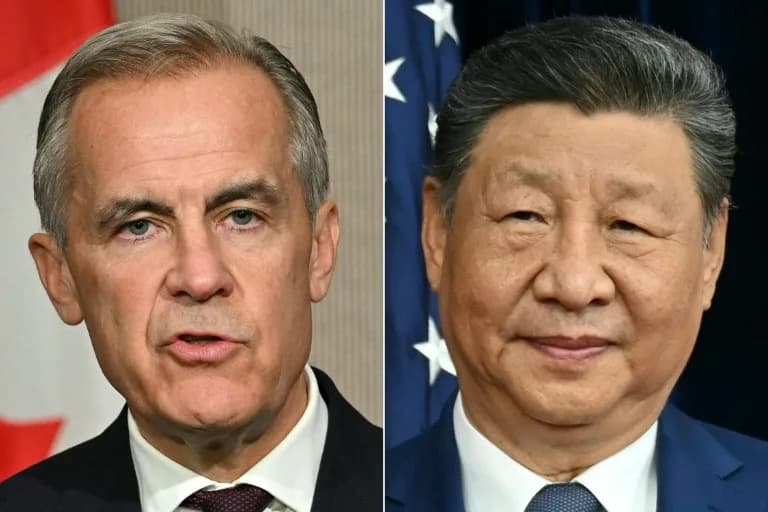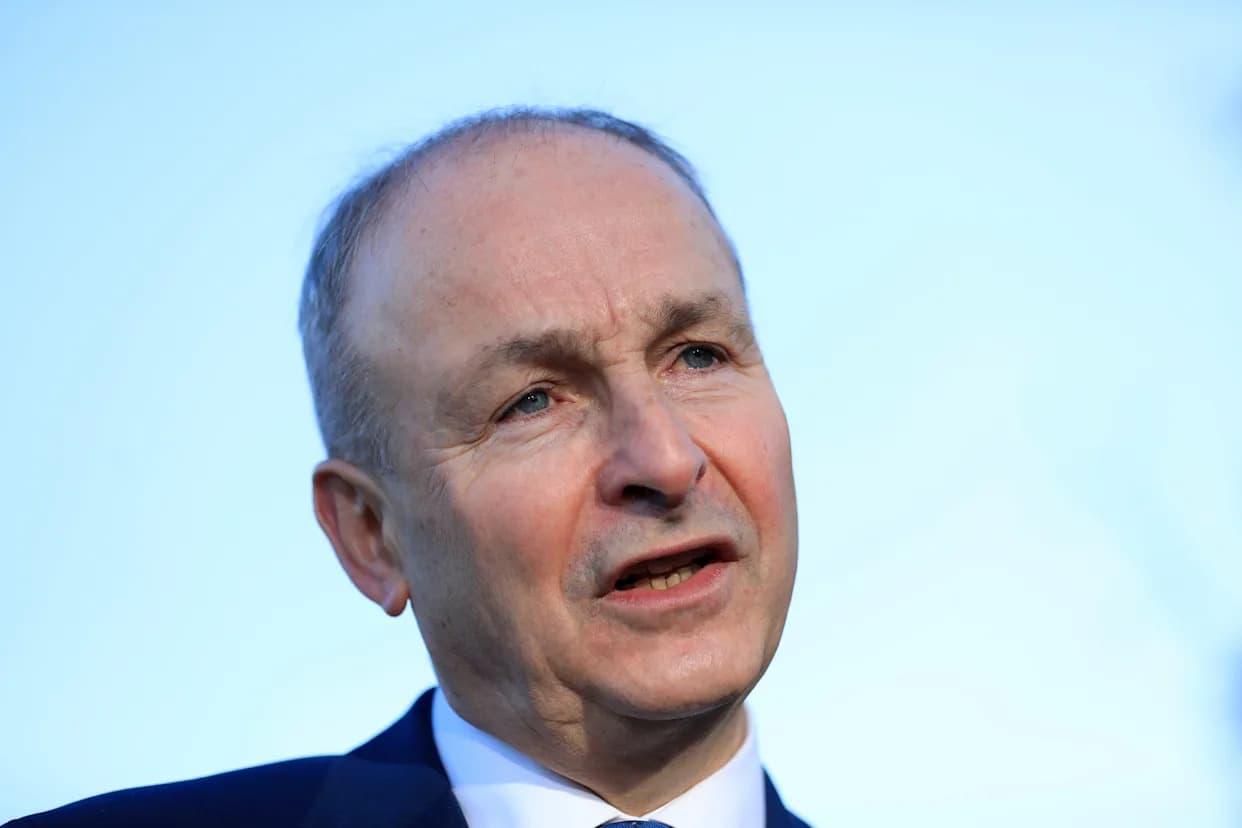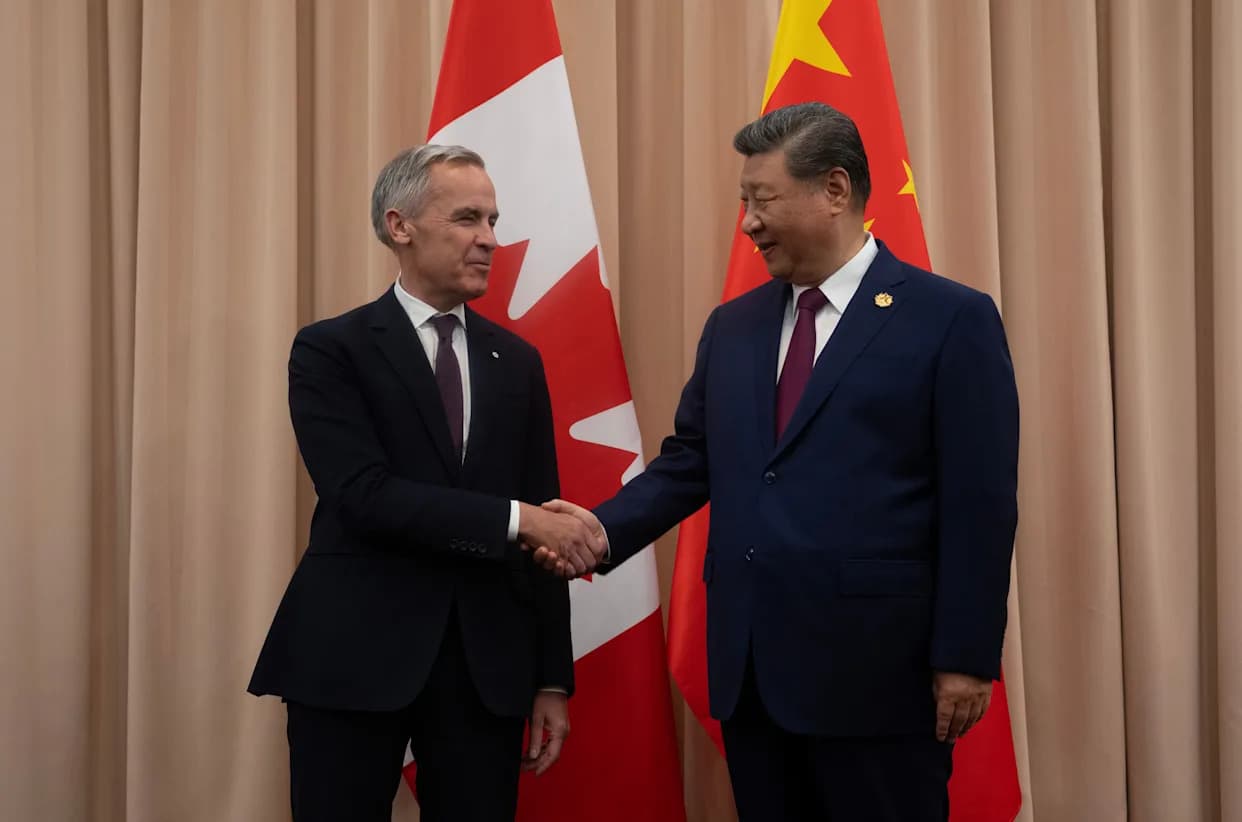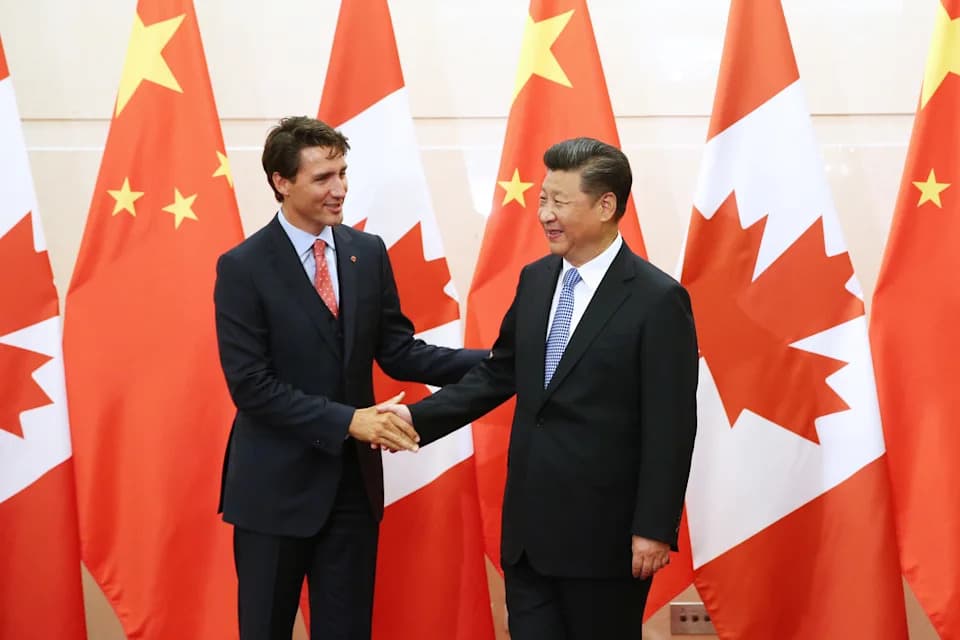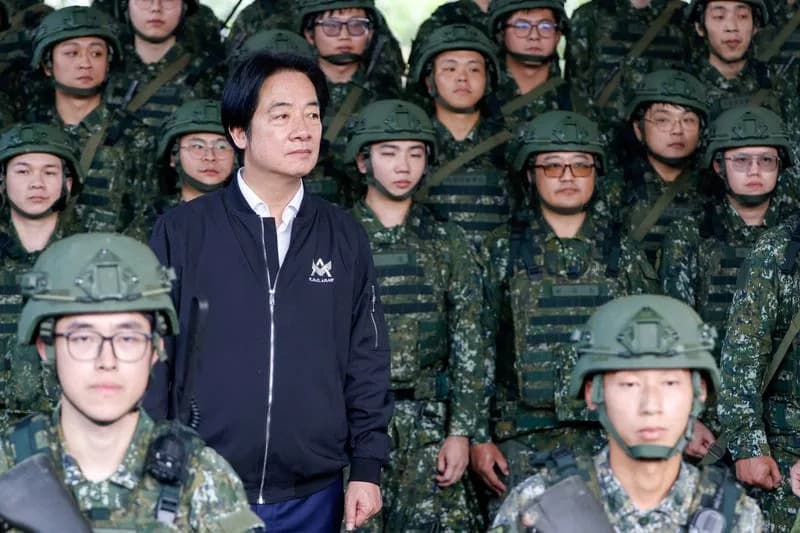King Maha Vajiralongkorn arrives in Beijing for the first-ever state visit by a reigning Thai monarch, invited by President Xi Jinping to mark 50 years of diplomatic ties. The trip highlights growing economic and military links with China even as Thailand retains formal US security ties. Recent episodes — including the deportation of 40 Uyghur asylum seekers and the censorship of an arts exhibition — have underscored Beijing's influence on Thai policy. The visit is the king's first major state trip since he became monarch nine years ago.
Historic First: Thailand's King Begins Official State Visit to China for 50th Anniversary

Thailand's monarch makes historic first state visit to China
Thailand's King Maha Vajiralongkorn is due to arrive in Beijing on Thursday, becoming the first reigning Thai monarch to make an official state visit to China. The trip, at the invitation of President Xi Jinping, is timed to mark the 50th anniversary of diplomatic relations established between the two countries in 1975.
Diplomatic and economic ties on display
During the visit the king and Queen Suthida will tour cultural sites such as the Lingguang Buddhist Temple and the Beijing Aerospace City. President Xi and his wife are expected to host a state banquet for the royal couple. China is already Thailand's largest trading partner and has become an increasingly important source of military equipment and investment.
Shifting strategic balance
Although Thailand remains formally a military partner of the United States, its relationship with China has strengthened in recent years. Tensions with Washington have at times been aggravated by criticism of Thailand's human-rights record, tariff policies introduced under President Donald Trump, and a sense among some Thai officials that US engagement in the region has shifted.
Beijing's influence and recent controversies
Observers point to several incidents that underscore Beijing's growing influence in Bangkok. Earlier this year Thai authorities deported 40 Uyghur asylum seekers to China, drawing criticism from human-rights groups and concern from US officials. In August an exhibition featuring Uyghur and Tibetan artists at Bangkok's main arts centre was censored after complaints from Chinese diplomats.
Thai authorities have also stepped up actions against online scam compounds operating along the Myanmar border, a move analysts say was partly driven by Chinese pressure. Chinese objections have reportedly been among the factors that stalled a proposal to legalise casinos in Thailand.
Historical context and royal ties
This is King Vajiralongkorn's first major state visit since he ascended the throne nine years ago; earlier this year he made an inaugural trip to Bhutan. State visits have historic resonance: his father, King Bhumibol Adulyadej, travelled widely in the 1960s when Thailand was a key Cold War ally of the United States.
Princess Maha Chakri Sirindhorn has long played a stabilising role in Thai-Chinese relations. A student of Chinese language and arts for decades, she remains a frequent visitor to China and an important cultural bridge between the two nations.
Official line: The Thai government said the visit "underlines the deep-rooted friendship and mutual understanding shared between Thailand and China at all levels."
Help us improve.

